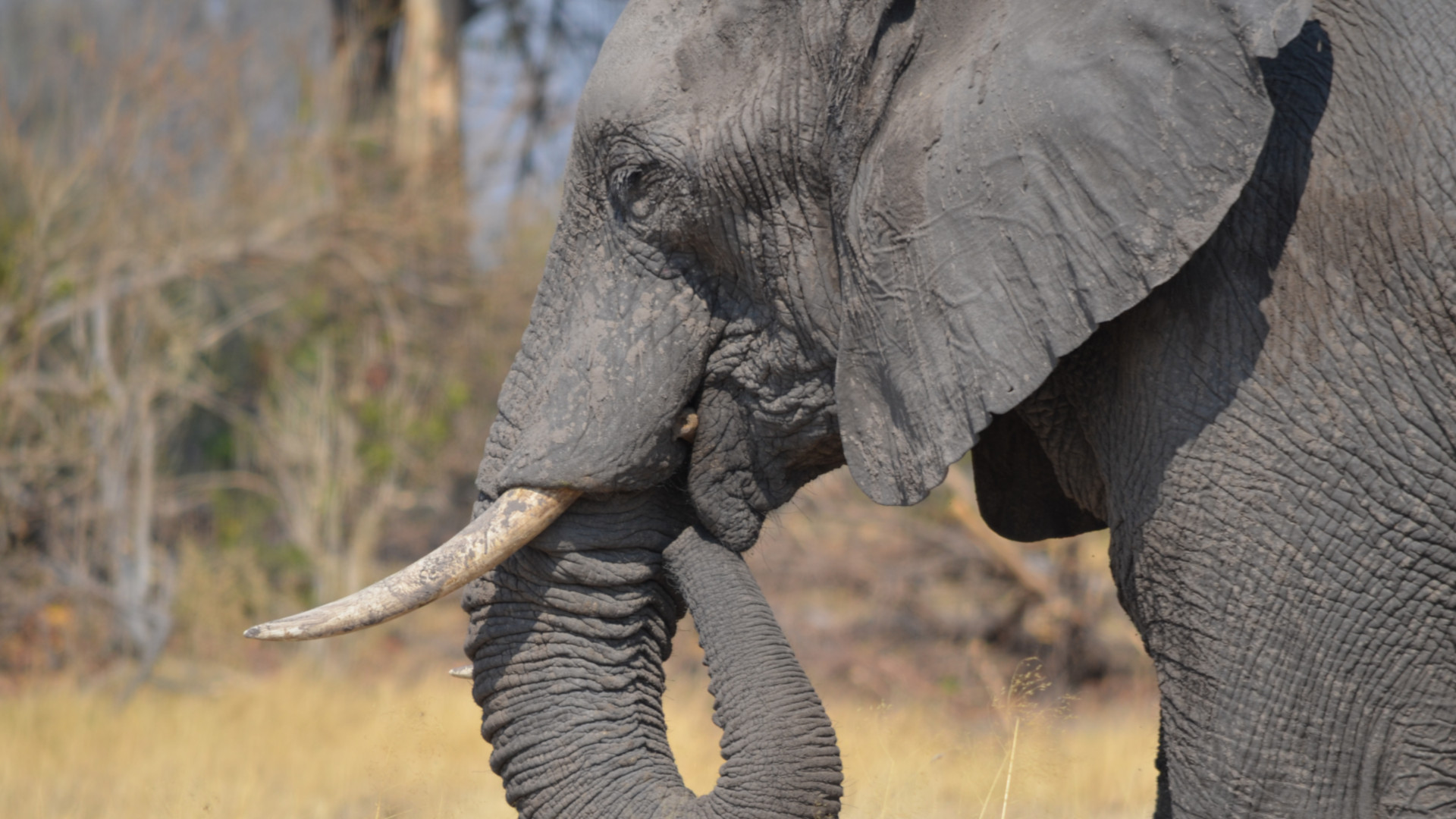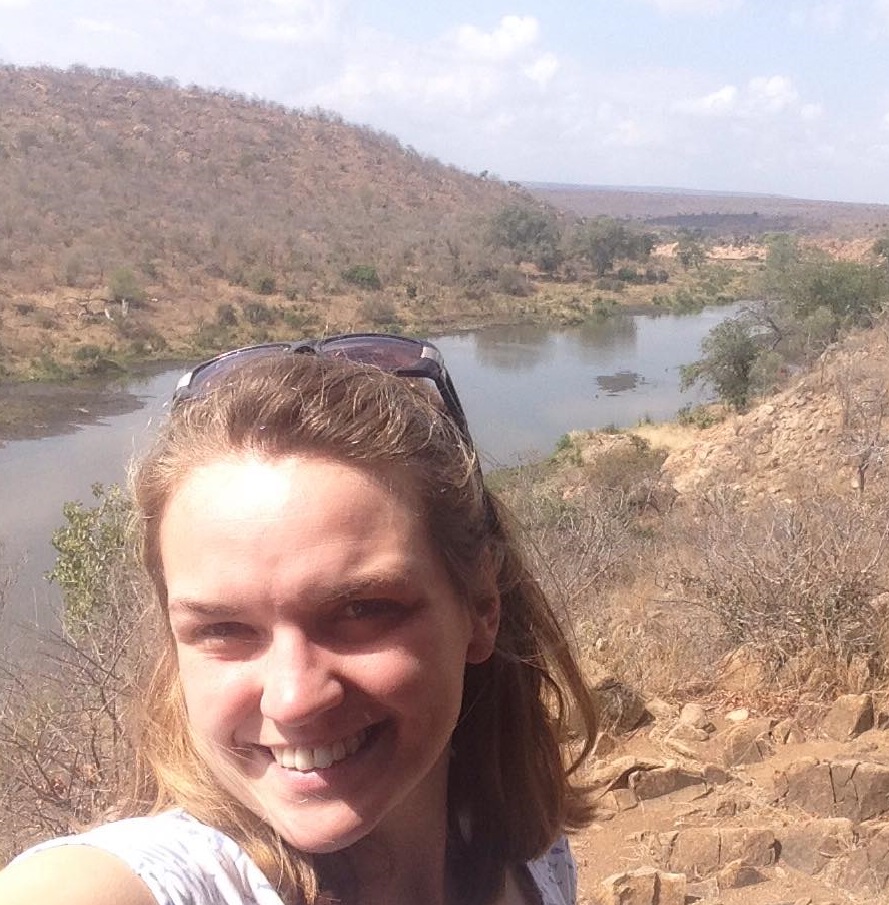
The Surprising Clue to Reducing Human-Elephant Conflict: Minerals
Asking why elephants travel to specific areas can help us to better understand and reduce human-elephant conflict.
Asking why elephants travel to specific areas can help us to better understand and reduce human-elephant conflict.


